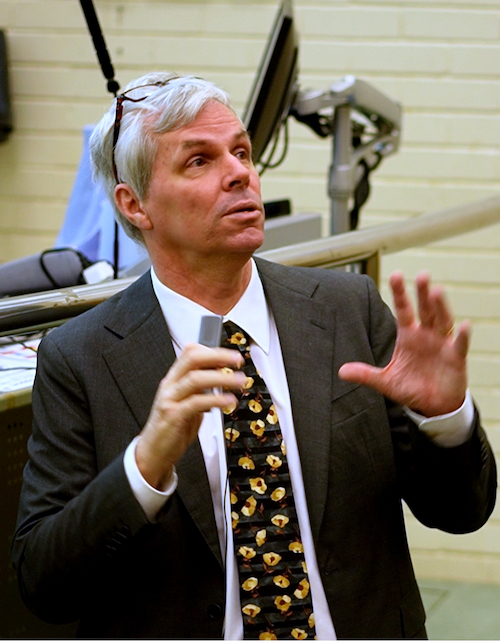Why do polarizing political ideologies form?
Research
- Working Papers
- Research Seminars
- Research Highlights
- Research Highlights Archive
- Why do polarizing political ideologies form?
- Gender differences in college applications: Aspiration and risk management
- Does it pay off to be a big fish in a small pond?
- Worker-plant matching and ownership change
- Soccer Clubs and Diminishing Returns: The Case of Paris Saint-Germain
- Health Screening for Emerging and Non-Communicable Disease Burdens Among the Global Poor
- Private Health Insurance in Ireland: Trends and Determinants
- Financial Contagion and the Wealth Effect: An Experimental Study
- Productivity, non-compliance and the minimum wage
- The Economy of Ireland: Policy Making in a Global Context
- Bounded Rationality and Categorization
Why do polarizing political ideologies form?
Ivan Pastine
Ivan Pastine is studying the formation of political ideologies where ideologies are packages of policy preferences that are held by a large fraction of the electorate. When political candidates advocate policies in multiple policy spheres, some voters will find that for them one candidate is better in some policy dimensions while his rival is better in other dimensions. These voters will vote for the candidate that they find better overall. Since that candidate has some policies that are worse than his rival’s, the voters will have two beliefs with a dissonant relationship. Whenever a voter votes for a candidate that is worse in some policy dimensions, in the face of this cognitive dissonance he will modify his preference about his ideal policy.
The paper shows that over time when measured by any individual policy, the electorate moves toward the political centre. However, when looking at the policy space as a whole, there is a thinning out of the political centre and polarizing political ideologies develop. Voters converge around two packages of political beliefs. The forces driving political parties to the centre of the political spectrum get weaker over time, and the forces pulling the parties to the extremes get stronger.
